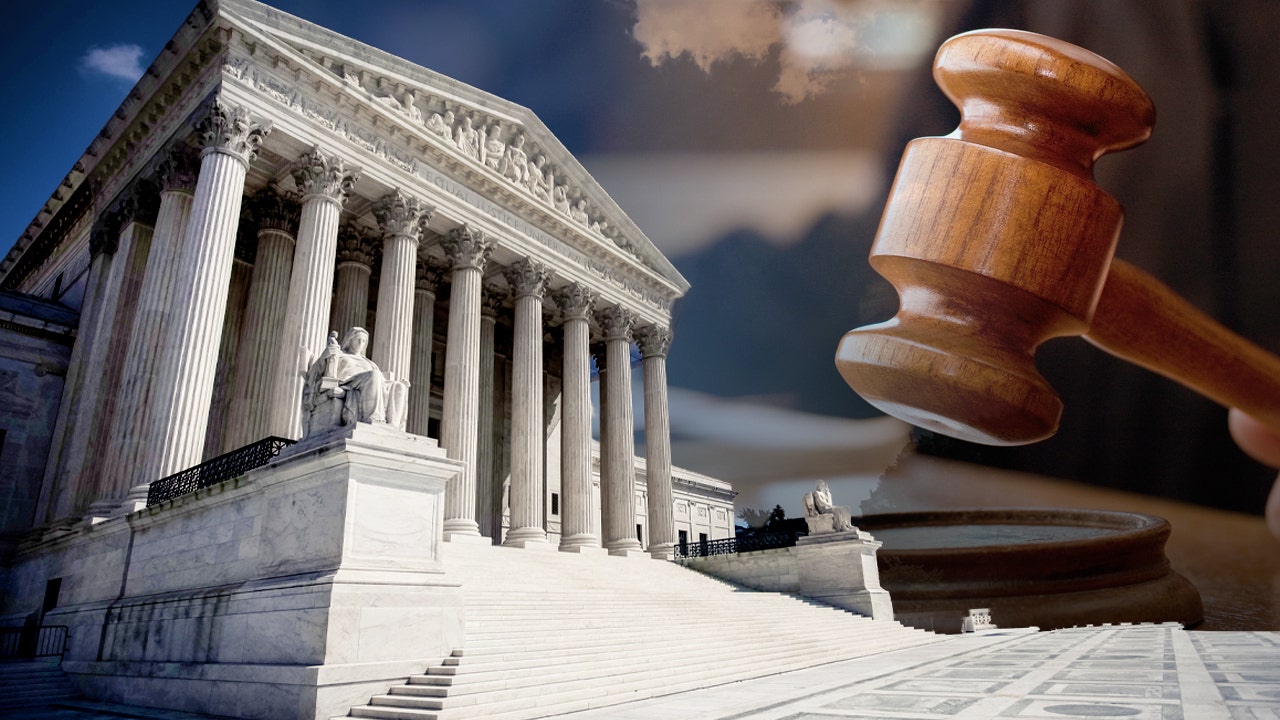Supreme Court weighs religious liberty dispute over public funding for Catholic charter school

The Supreme Court has recently found itself at a crossroads in a case involving religious liberty and public education. The case revolves around whether religious charter schools should be able to receive taxpayer funding without violating the separation of church and state mandated by the First Amendment.
During more than two hours of oral arguments, the justices appeared sharply divided along ideological lines. It seemed that a majority of the court was inclined to allow St. Isidore of Seville Catholic Virtual School in Oklahoma City to become the first religious charter school in the country.
The crux of the issue lies in whether providing public funds to a faith-based educational institution constitutes a violation of the Constitution. The court grappled with questions of potential government entanglement in approving religious charter schools and concerns about favoring one faith over another.
Justice Brett Kavanaugh emphasized that discriminating against religious institutions would be a violation of their rights, stating, “You can’t treat religious people and institutions as second class in the United States.”
However, Justice Sonia Sotomayor and others expressed concerns about the implications of allowing public funds to support religious education. Sotomayor argued that such funding could be seen as government endorsement of religion, which goes against the core principles of the Establishment Clause.
The case has sparked a debate within the Oklahoma government, with the governor and charter school board supporting St. Isidore, while the state’s attorney general has filed a lawsuit to block the school’s charter approval. Critics of the school argue that funding religious charter schools could divert resources from public education.
The Supreme Court’s decision in this case could have far-reaching implications for the future of religious charter schools and the separation of church and state. The justices must grapple with the complex balance between religious freedom and government neutrality towards religion.
As the court deliberates, it is clear that the justices are facing a challenging decision that will shape the landscape of public education and religious liberty in the United States. A ruling is expected by early summer, and the outcome will undoubtedly have a significant impact on the future of education in America.




